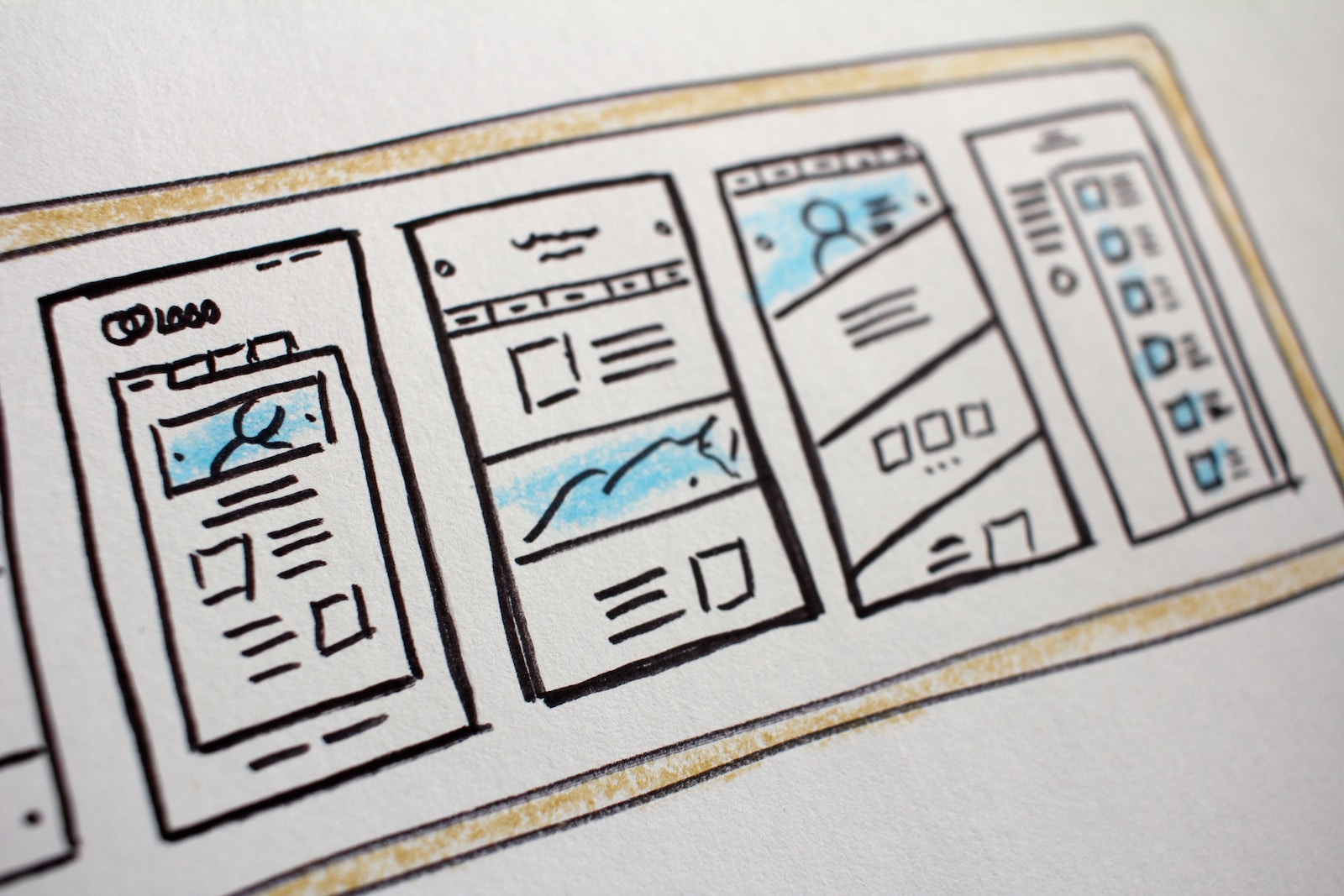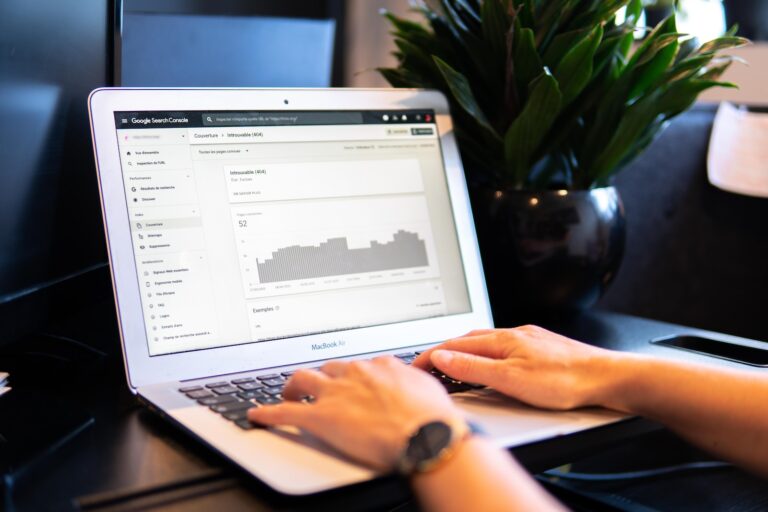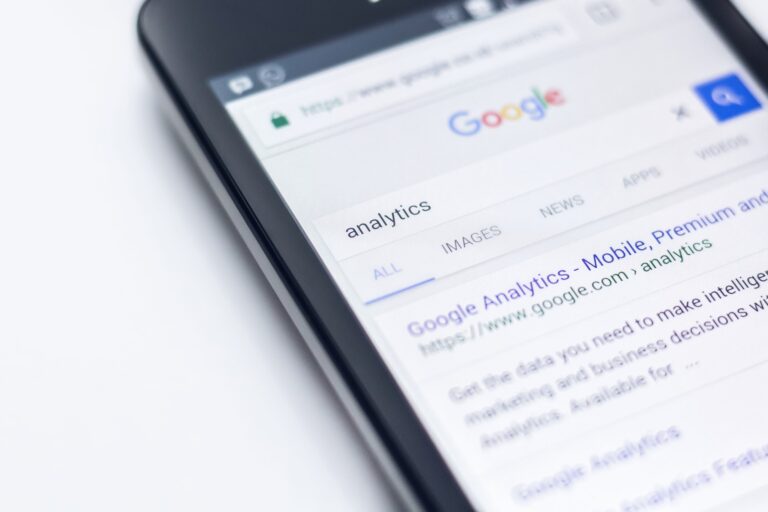
Low Budget Websites in India
When it comes to creating low budget websites in India, there are several options available. Many web design companies and freelancers offer cost-effective solutions for individuals and small businesses. These professionals understand the need for affordable web design services and provide customized solutions tailored to specific requirements.
If you are looking for low-cost web designing services in India, you can find numerous providers who offer competitive rates. They specialize in creating professional websites that are visually appealing and functional. These websites are designed to meet the needs of businesses and individuals with limited budgets, without compromising on quality. Small businesses and startups in India often look for professional websites that can effectively represent their brand online. Web designers in India understand this and offer services that cater to these requirements. They create small websites that are aesthetically pleasing and user-friendly, ensuring a positive user experience for visitors. Web design providers in India understand the high demand for cost-effective websites and make it their goal to deliver affordable solutions while maintaining high quality. With their expertise and know-how, web design providers in India create websites that not only meet the standards set by the industry but also offer exceptional value for money.
What are the options?
Static Websites
Static websites are well-suited for individuals or businesses with simple online presence requirements. These websites are composed of fixed web pages that display consistent content to all visitors. They are ideal for those who do not require frequent updates or interactive features. Static websites are often used by small businesses, professionals, freelancers, and individuals who need a basic online presence to showcase their portfolio, services, or contact information. They are cost-effective, easy to maintain, and load quickly since there is no server-side processing involved. However, they may not be suitable for websites requiring dynamic content, frequent updates, or complex functionality.. read more
Dynamic Websites
Dynamic websites are well-suited for businesses or individuals who require interactive features, frequent content updates, and personalized user experiences. These websites are built on dynamic web technologies and allow for real-time data processing and user interactions. Dynamic websites are ideal for e-commerce businesses, online portals, news websites, social networking platforms, and any other site that relies on user-generated content or database-driven functionality. They provide flexibility, scalability, and the ability to customize content based on user preferences. Dynamic websites enable features like user registrations, commenting systems, search functionality, content management systems, and more, making them suitable for websites that require ongoing engagement and frequent updates.. read more
Campaign Landing Pages
Campaign landing pages are well-suited for businesses and organizations running specific marketing campaigns or promotional activities. These dedicated web pages serve as focused entry points for visitors, designed to convert them into leads or customers. Campaign landing pages are commonly used in digital marketing campaigns, email marketing, pay-per-click advertising, and social media marketing. They are designed to capture the attention of the target audience and provide relevant information or offers related to the campaign. By directing visitors to a dedicated landing page, businesses can increase conversion rates, gather valuable customer data, and track the success of their marketing efforts.
eCommerce Websites
E-commerce websites are well-suited for businesses of all sizes that aim to sell products or services online. They are particularly beneficial for retailers, wholesalers, and entrepreneurs who want to reach a wider audience and expand their customer base beyond physical store limitations. E-commerce websites enable businesses to showcase their products, provide detailed descriptions, offer secure online transactions, and facilitate convenient shopping experiences for customers. They are essential for industries such as retail, fashion, electronics, home goods, and more. E-commerce websites allow businesses to operate 24/7, automate processes, manage inventory, track sales, and leverage various marketing strategies to increase online sales and drive business growth.. read more
How much does it cost?
The cost of websites in India can vary widely depending on various factors. For basic static websites with a few pages and standard features, prices can start from a few thousand rupees. However, for more complex websites with custom design, dynamic functionality, e-commerce capabilities, and additional features like content management systems or integrations, the cost can range from tens of thousands to several lakhs of rupees. It’s essential to consider factors such as the scope of the project, design requirements, development time, and ongoing maintenance when determining the cost. Consulting with web design providers and obtaining customized quotes is recommended for accurate pricing information.. read more
What should you know?
Before embarking on a website project, customers should keep the following useful information in mind:
Responsive Web Design
Responsive web design is another crucial aspect to consider when creating a website. Responsive websites adapt to different screen sizes, making them accessible and functional on desktops, tablets, and mobile devices. Many web design providers in India offer responsive web design services as part of their low-cost packages.. read more
Website Maintainance
Understand the requirements for ongoing website maintenance and updates. Discuss with the web design service if they offer maintenance packages or if you will be responsible for updating the website content yourself.
Security Measures
Discuss security measures with the web design service to ensure your website is protected against cyber threats. This may include implementing SSL certificates, secure payment gateways (for e-commerce websites), and regular backups.. read more
User-Friendly Navigation
Pay attention to the website’s navigation and user interface. A user-friendly and intuitive design will make it easy for visitors to navigate through your website and find the information they are looking for.
Hosting
Hosting is the service that allows your website to be accessible on the internet. Choose a reliable hosting provider that offers good uptime, fast loading times, security features, scalability options, and responsive customer support to ensure your website runs smoothly and remains available to visitors.. read more
Performance
Performance is crucial for a website’s success. Optimize performance by choosing a hosting provider with fast servers, utilizing caching mechanisms, optimizing code and images, and minimizing HTTP requests. A well-performing website ensures a smooth user experience, faster loading times, and better search engine rankings.
Customer Support
Inquire about post-launch support and training options. Determine if the web design service provides training on managing and updating the website, or if they offer ongoing technical support for any issues that may arise.
Search Engine Optimization (SEO)
Discuss SEO strategies with the web design service. Optimizing your website for search engines can help improve its visibility and attract organic traffic. Consider factors like keyword research, meta tags, site structure, and content optimization.. read more
By considering these aspects, customers can approach their website project with clarity and make informed decisions throughout the design and development process.
How to bring traffic to website?
Driving traffic to a website requires implementing a combination of effective strategies. One crucial aspect is search engine optimization (SEO), which involves optimizing the website with relevant keywords, creating high-quality content, and building authoritative backlinks to improve organic search rankings. Content marketing plays a pivotal role in attracting and engaging visitors, utilizing mediums such as blog posts, articles, videos, and infographics. Promoting content through social media marketing increases visibility and encourages social sharing. Additionally, leveraging pay-per-click (PPC) advertising enables targeted ad campaigns to reach a wider audience. Utilizing email marketing, participating in online communities, and collaborating with influencers can also boost website traffic. Regularly analyzing and refining these strategies based on user behavior and analytics data can further optimize traffic generation efforts.
When can I expect return on investment?
The timeline for achieving a return on investment (ROI) for your website can vary depending on factors such as industry, competition, marketing efforts, and target audience. It typically takes several months to a year or more to see significant ROI, but consistent effort and effective strategies can expedite the process.







